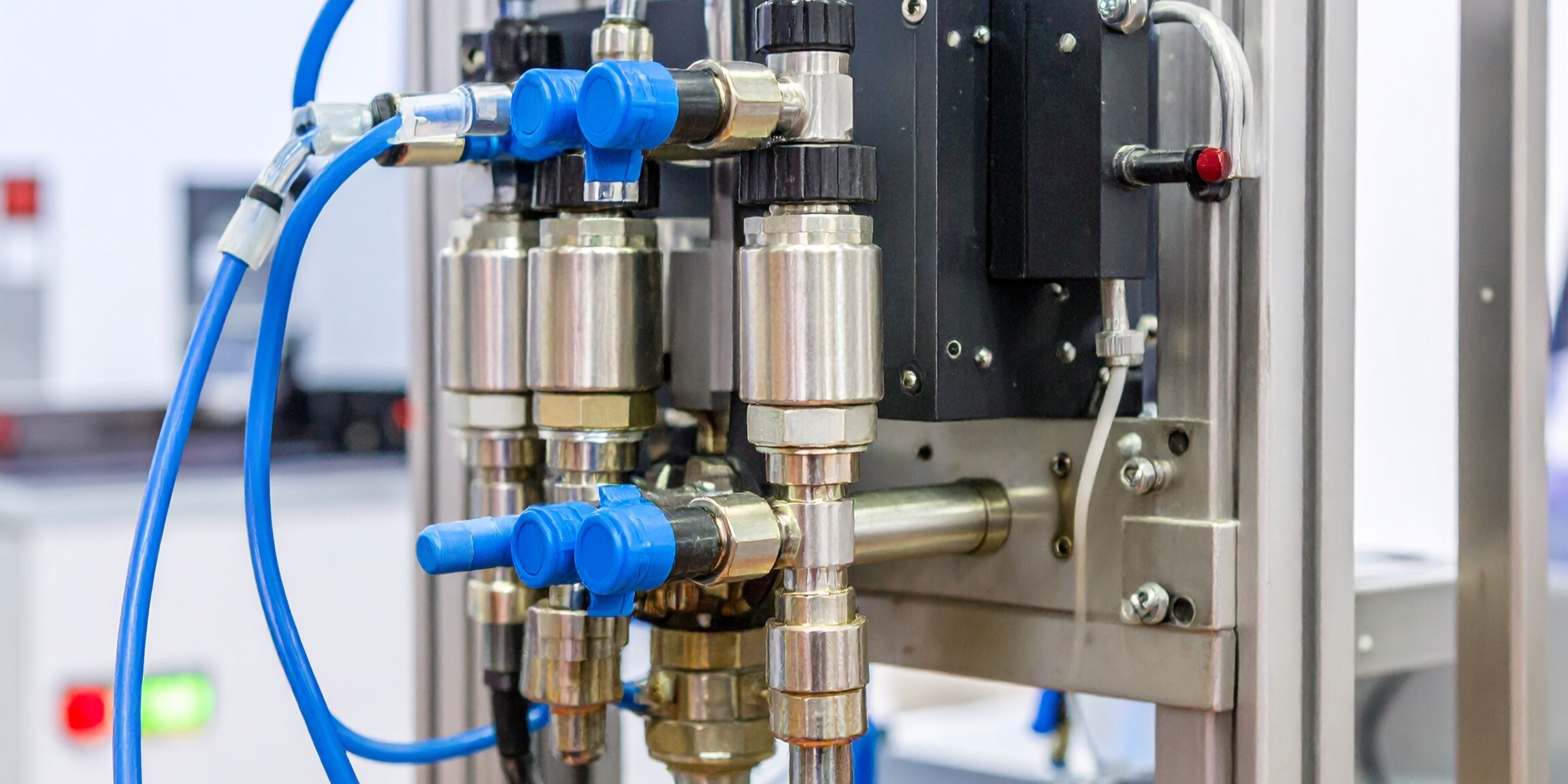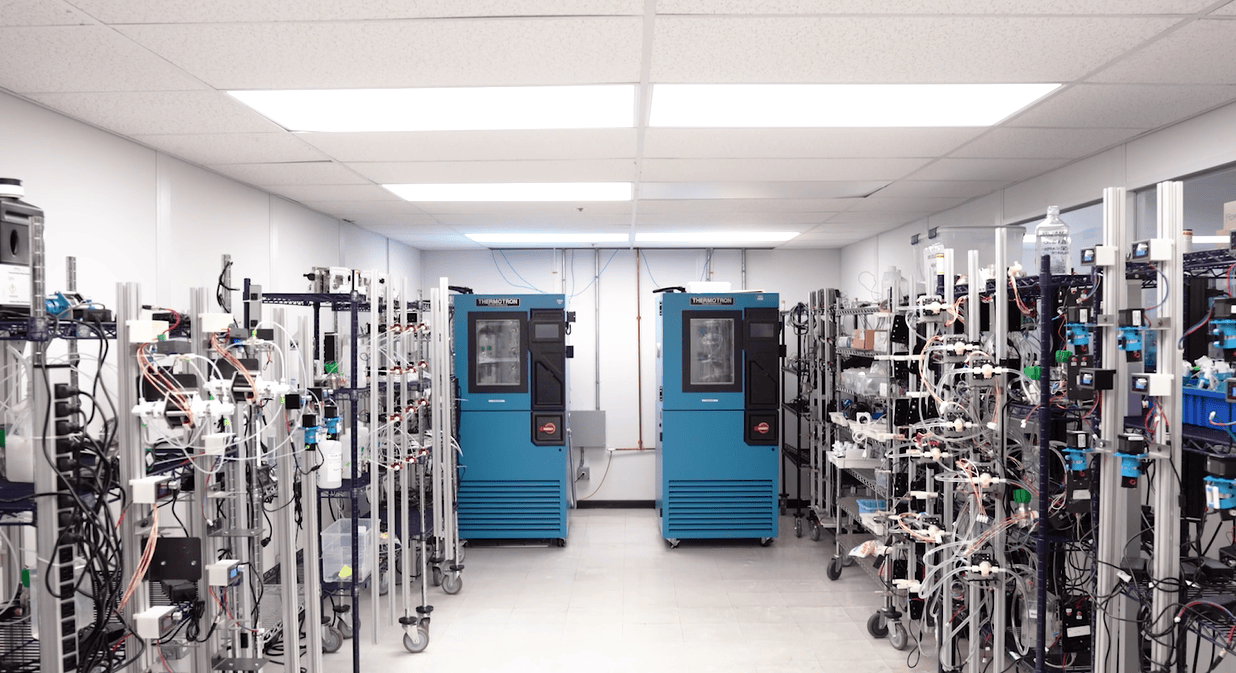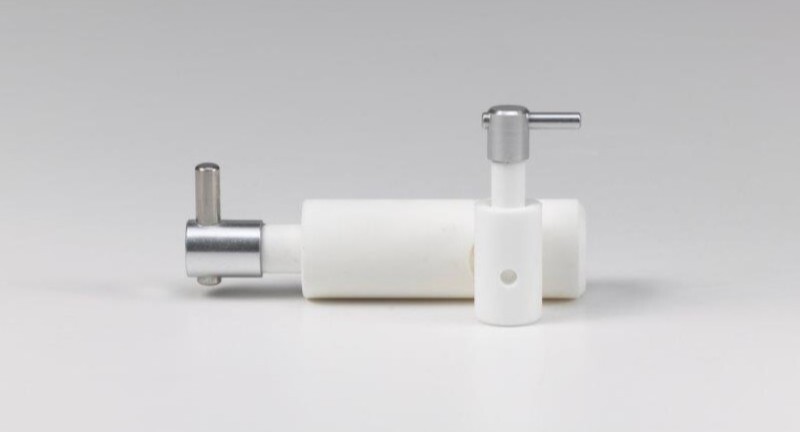%20(9).png?width=1200&height=600&name=Blog%20Images%20(1200%20x%20600%20px)%20(9).png)
3 min read
Are your Medical Device Pumps Ready for a PFAS Conscious Market?
Key Takeaways: PFAS scrutiny is reshaping pump selection — OEMs must prioritize material compatibility, regulatory defensibility, and long-term stability in wetted components. Ceramic wetted paths provide inert, stable performance — CeramPump® uses...
Read More

%20(2).png?width=1200&height=600&name=Blog%20Images%20(1200%20x%20600%20px)%20(2).png)







